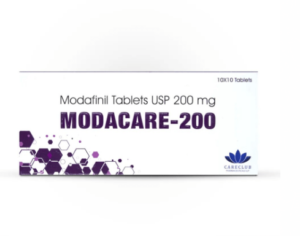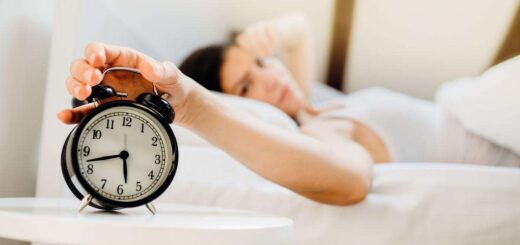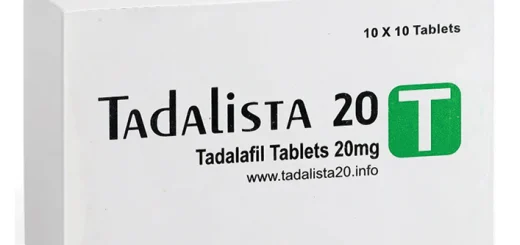Can sleep apnea affect cognitive function and memory?
There are several negative health impacts linked to sleep apnea, a common sleep disease in which breathing stops repeatedly while you’re asleep. Among these, memory loss and decline in cognitive function have received a lot of attention because of the toll they take on people’s day-to-day lives and health.
What is sleep apnea?
The term “apneas” refers to frequent breathing pauses during sleep, which are a symptom of sleep apnea. These breaks cause sleep architecture to be broken up and hypoxia to happen at times. Obstructive sleep apnea (OSA) happens when the upper airway collapses and blocks breathing. Central sleep apnea (CSA) occurs when the person doesn’t breathe enough because of problems with the brainstem’s signals.
Some common signs are loud snoring, feeling sleepy during the day, and having trouble thinking clearly. Polysomnography or home tests are used to diagnose. Treatment options include making changes to the patient’s lifestyle, using positive airway pressure treatment, or surgery, depending on how bad the condition is and what the patient is like.
Effects of Sleep Apnea on Cognitive Function
The effects of sleep apnea on cognitive function are mentioned below:
Daytime Sleepiness
Because sleep impairment interrupts normal sleep cycles, people with this condition often feel overly drowsy during the day. This can have negative effects on their ability to pay attention, stay awake, and even complete simple tasks.
Poor Concentration
People who suffer from untreated conditions may find it challenging to maintain focus on certain activities, leading to a decline in their overall performance.
Memory Impairment
Sleeplessness is characterized by chronic fragmentation of sleep and intermittent hypoxia, both of which can hinder the consolidation and recovery of memories, creating memory issues.
Reduced Executive Function
It has the potential to impact executive functions like problem-solving, decision-making, and impulse control, leading to a decline in cognitive flexibility and planning ability.
Increased Risk of Cognitive Disorders
Prolonged cerebral hypoxia and neuroinflammation, which can exacerbate untreated obstructive sleep, may be responsible for an increased risk of cognitive issues, including Alzheimer’s disease and dementia.
Impact on Quality of Life
Cognitive impairments can have a detrimental effect on quality of life in general, diminishing one’s ability to maintain healthy relationships, do one’s job well, and conduct one’s everyday activities.
Impact of Sleep Apnea on Memory
The interruption of sleep patterns caused by sleep apnea has a major impact on memory. Breathing stops and starts multiple times during an episode of sleep apnea, which disrupts sleep and lowers blood oxygen levels. This hinders the ability to retain knowledge in both short-term and long-term memory because it interferes with the consolidation process. Memory problems are already severe enough without the added cognitive impairments brought on by obstructive sleep, which include things like impaired focus and attention.
To alleviate these detrimental impacts on memory and cognitive function, therapies for disruptive sleep, such as continuous positive airway pressure (CPAP) therapy, can enhance the quality of sleep. Memory processing and general cognitive health can be improved for people with obstructive sleep by making sure they get enough oxygen while they sleep and that their sleep is not disrupted.
Managing Sleep Apnea for Better Cognitive Health
Treatments for managing sleep apnea are mentioned here:
CPAP Therapy
It is the standard treatment for sleep apnea. The mask is attached to a machine that continuously blows air into the airway during sleep.
Lifestyle Changes
Keep a healthy weight, avoid alcohol and sedatives before bedtime, quit smoking, and get enough sleep.
Positional Therapy
Devices or approaches reduce airway collapse by encouraging sleeping in certain positions. Use specific pillows or wearable gadgets to inform people when they’re sleeping in a position that increases sleep apnea.
Oral Appliances
Dental devices like mandibular advancement devices can assist in keeping the airway open by moving the jaw during sleep.
Surgery
Surgical procedures may treat sleep apnea. Uvulopalatopharyngoplasty, jaw realignment, and airway stimulators are surgical alternatives.
Nasal Decongestants
Steroid sprays may help obstructive sleep sufferers decrease nasal congestion and improve airflow.
Weight Loss Programs
The symptoms of sleeplessness can be improved by losing weight through diet and exercise for overweight or obese people by reducing neck tissue that might block the airway.







